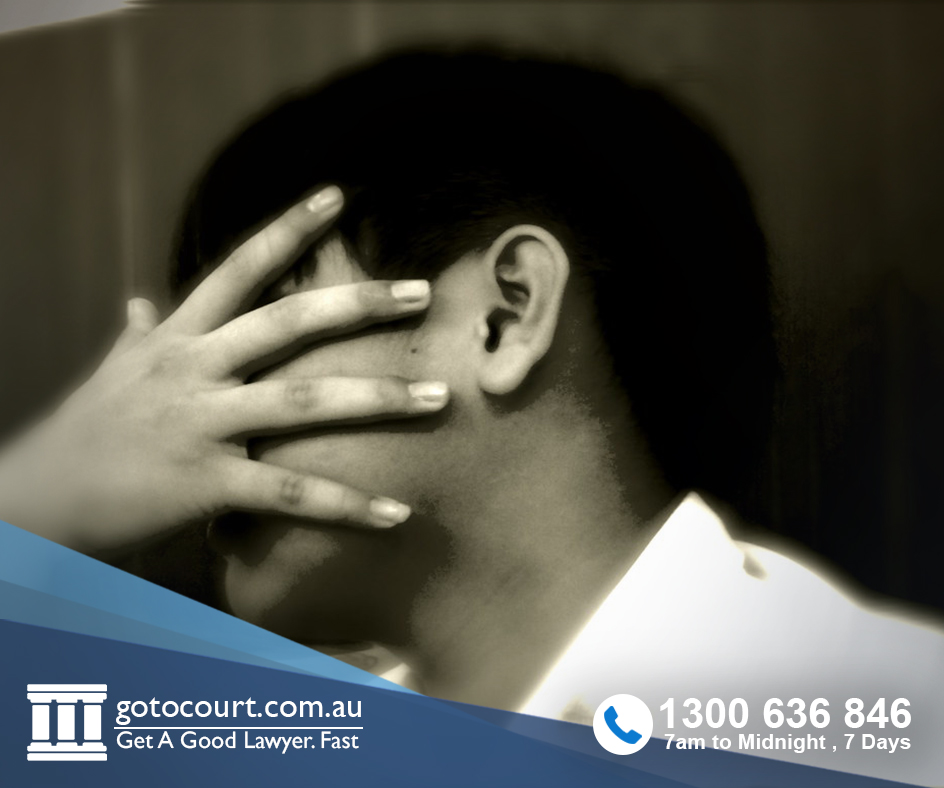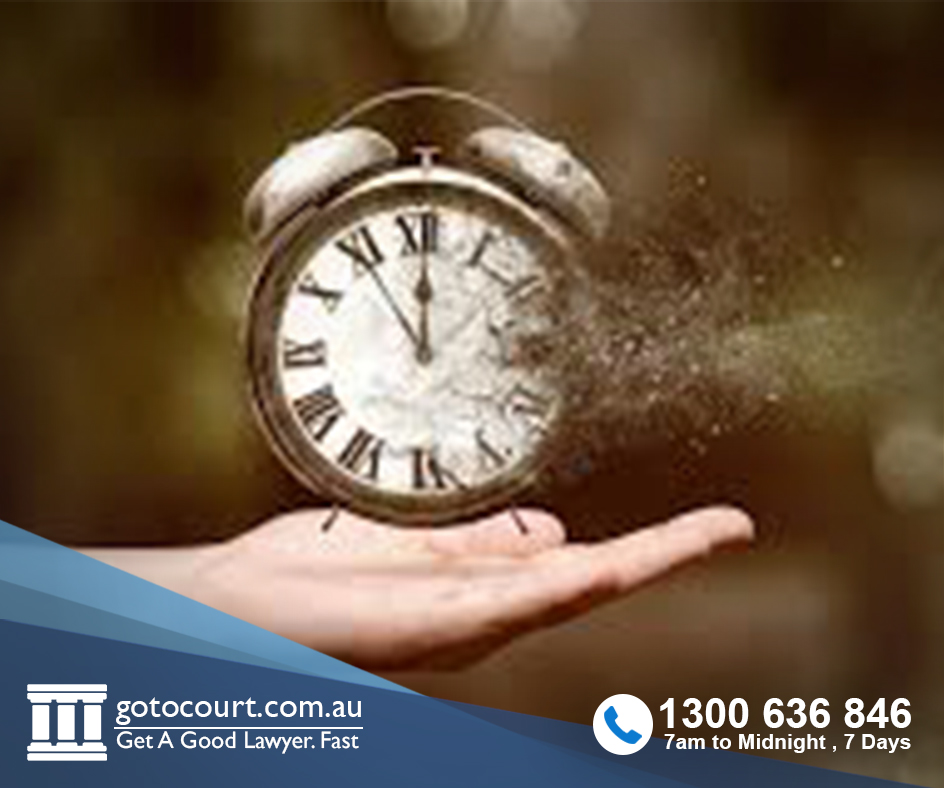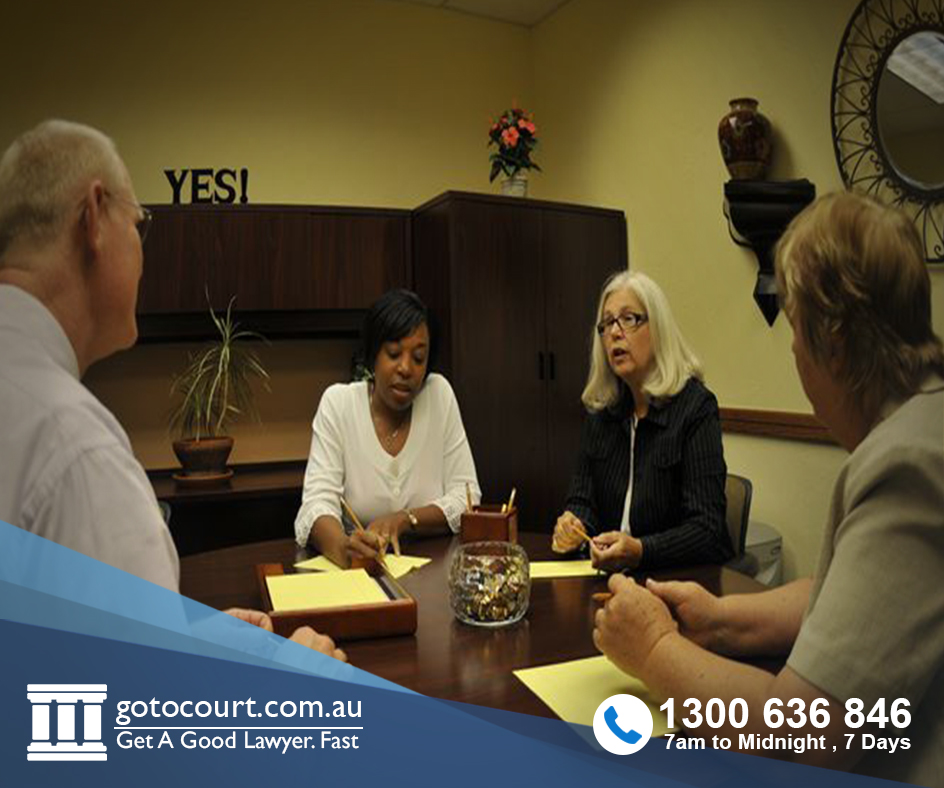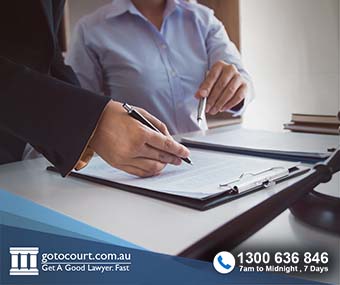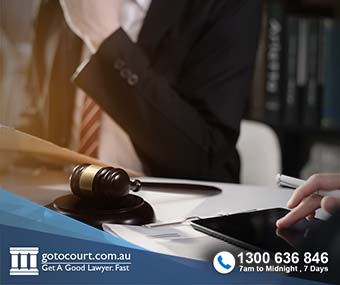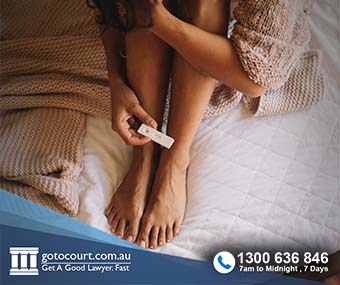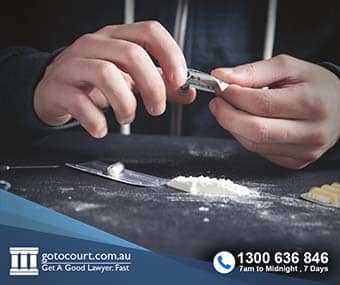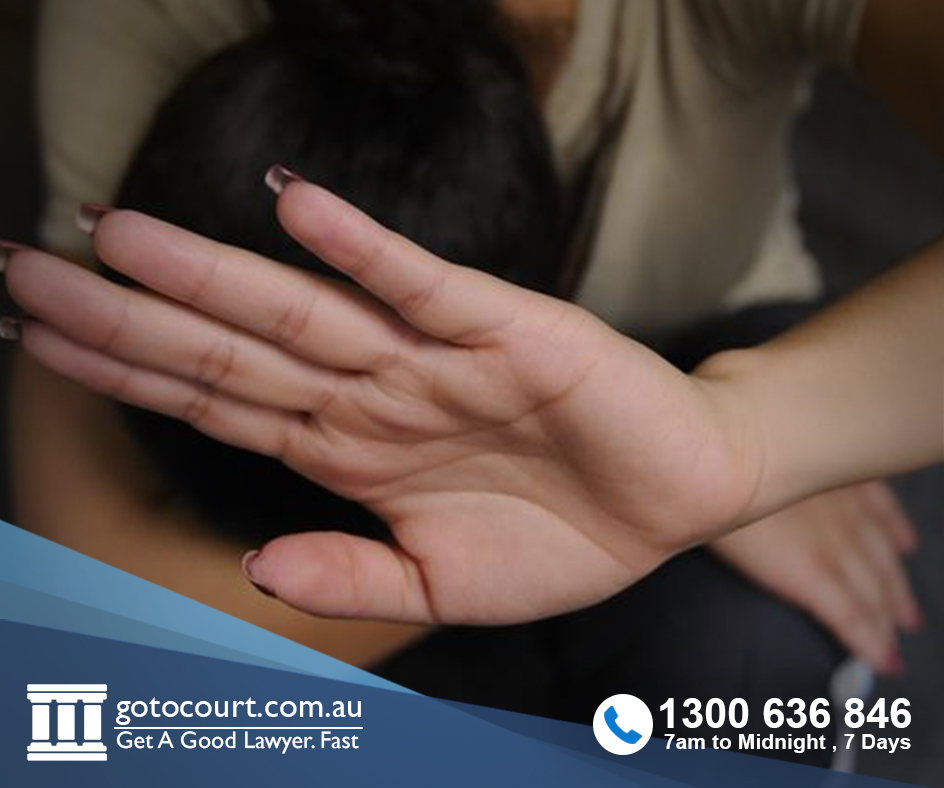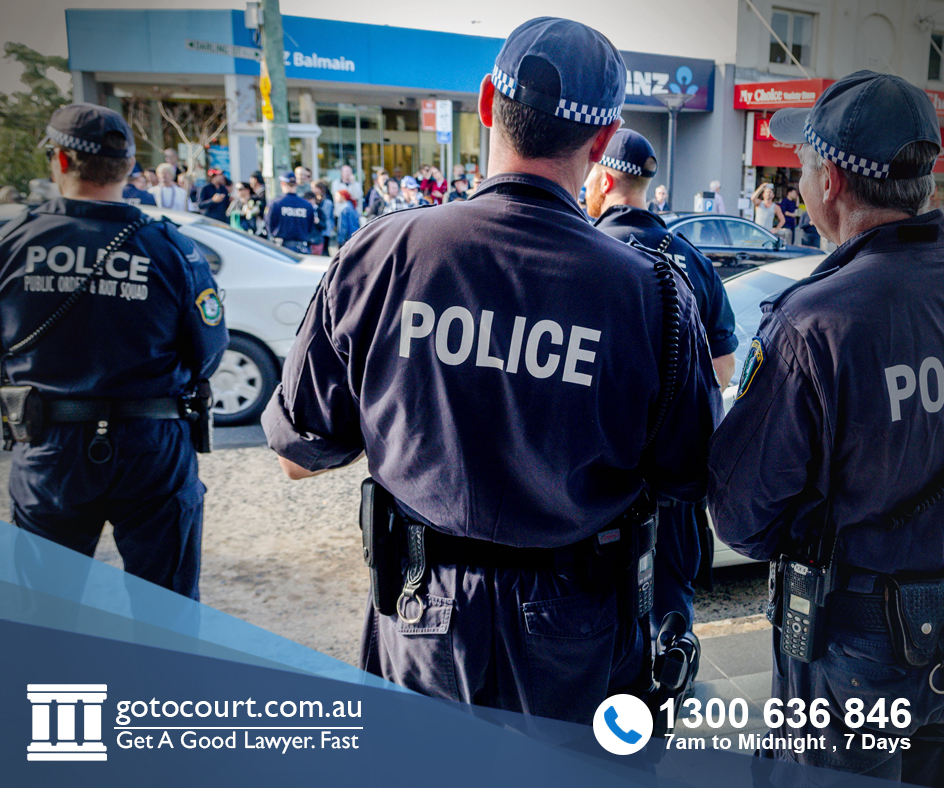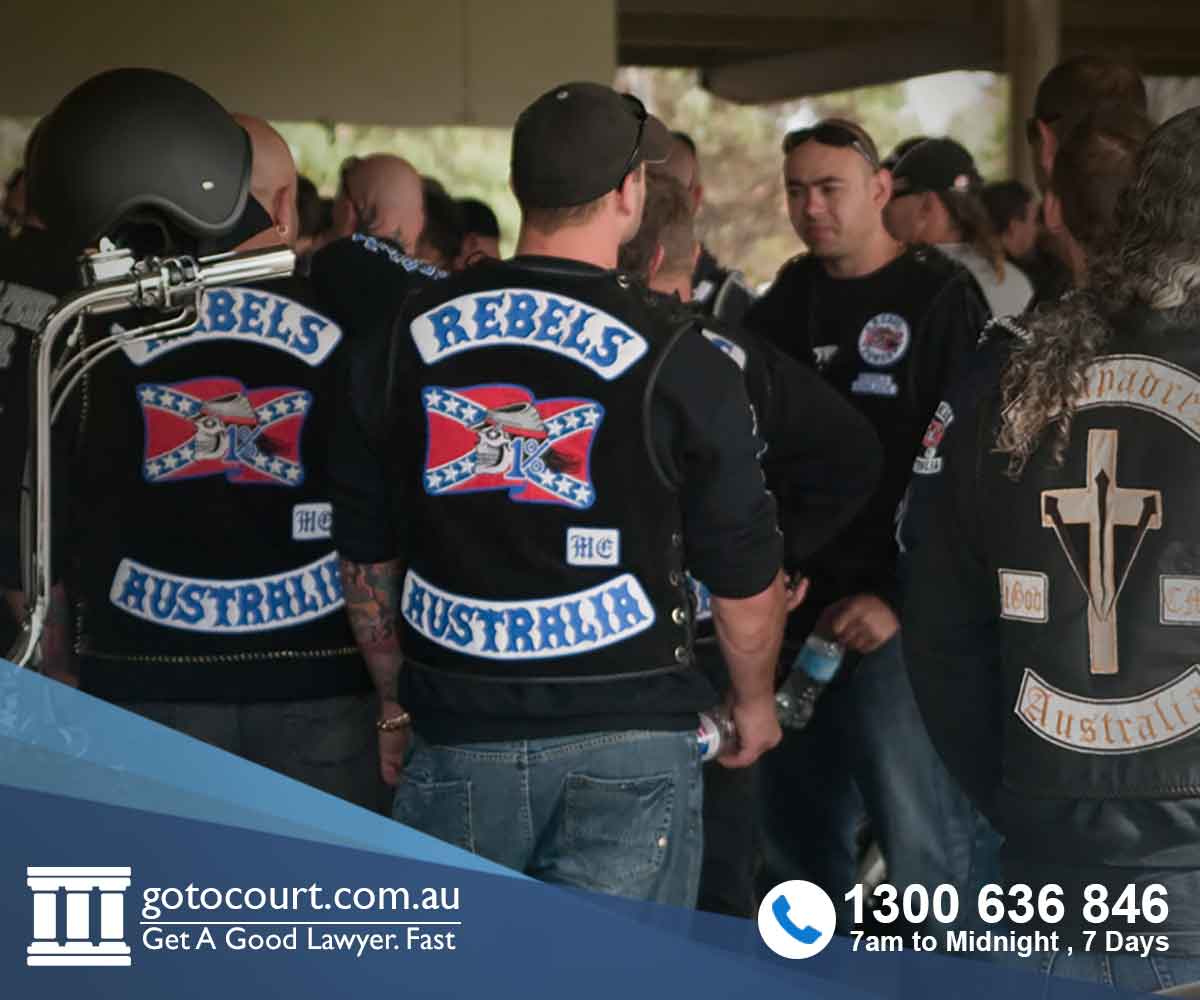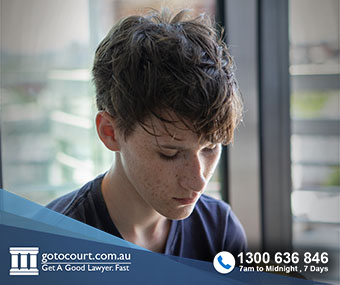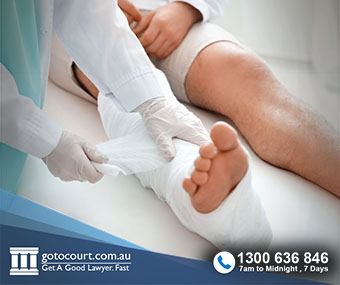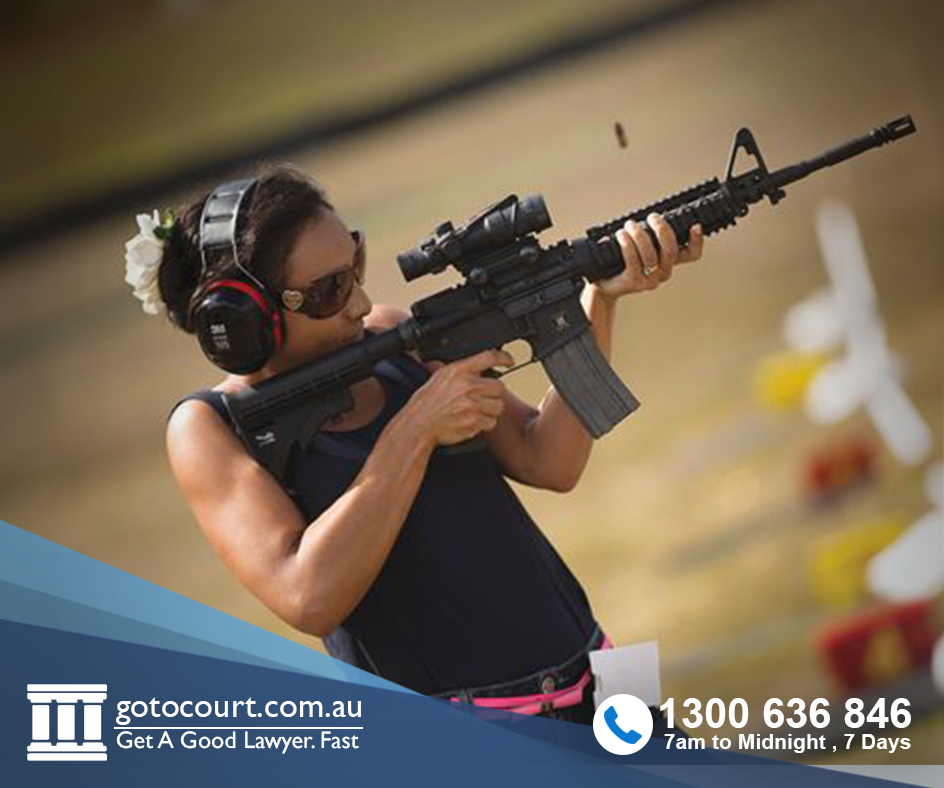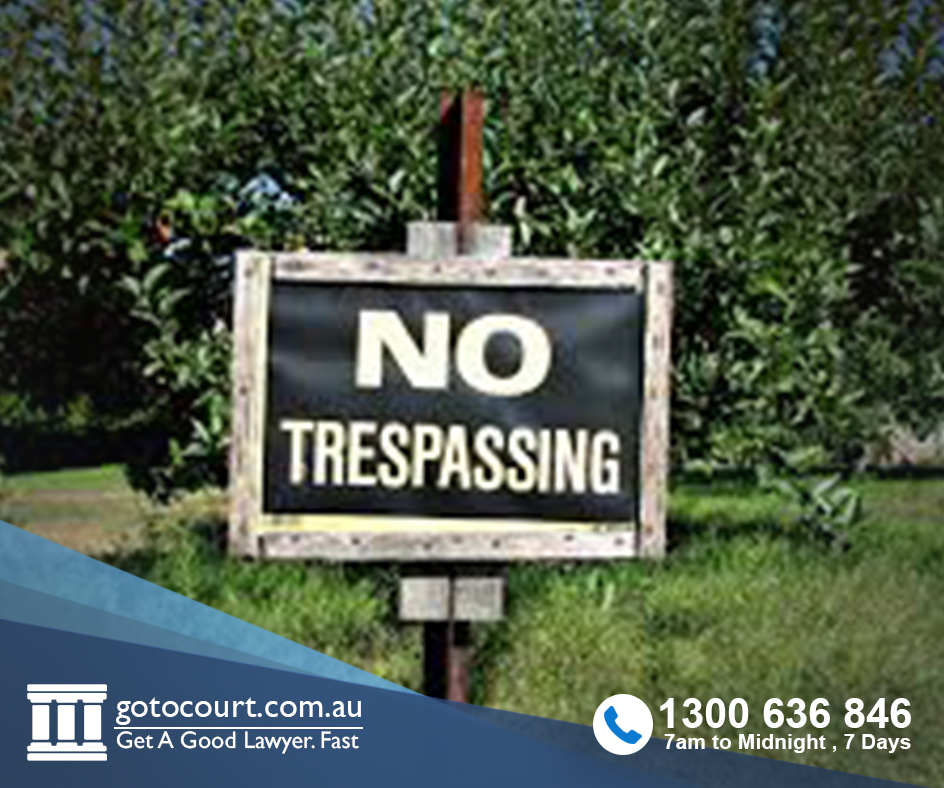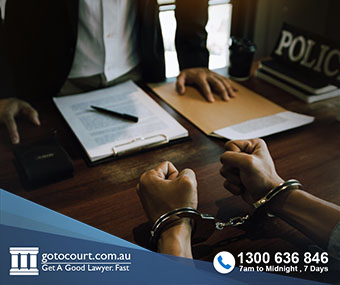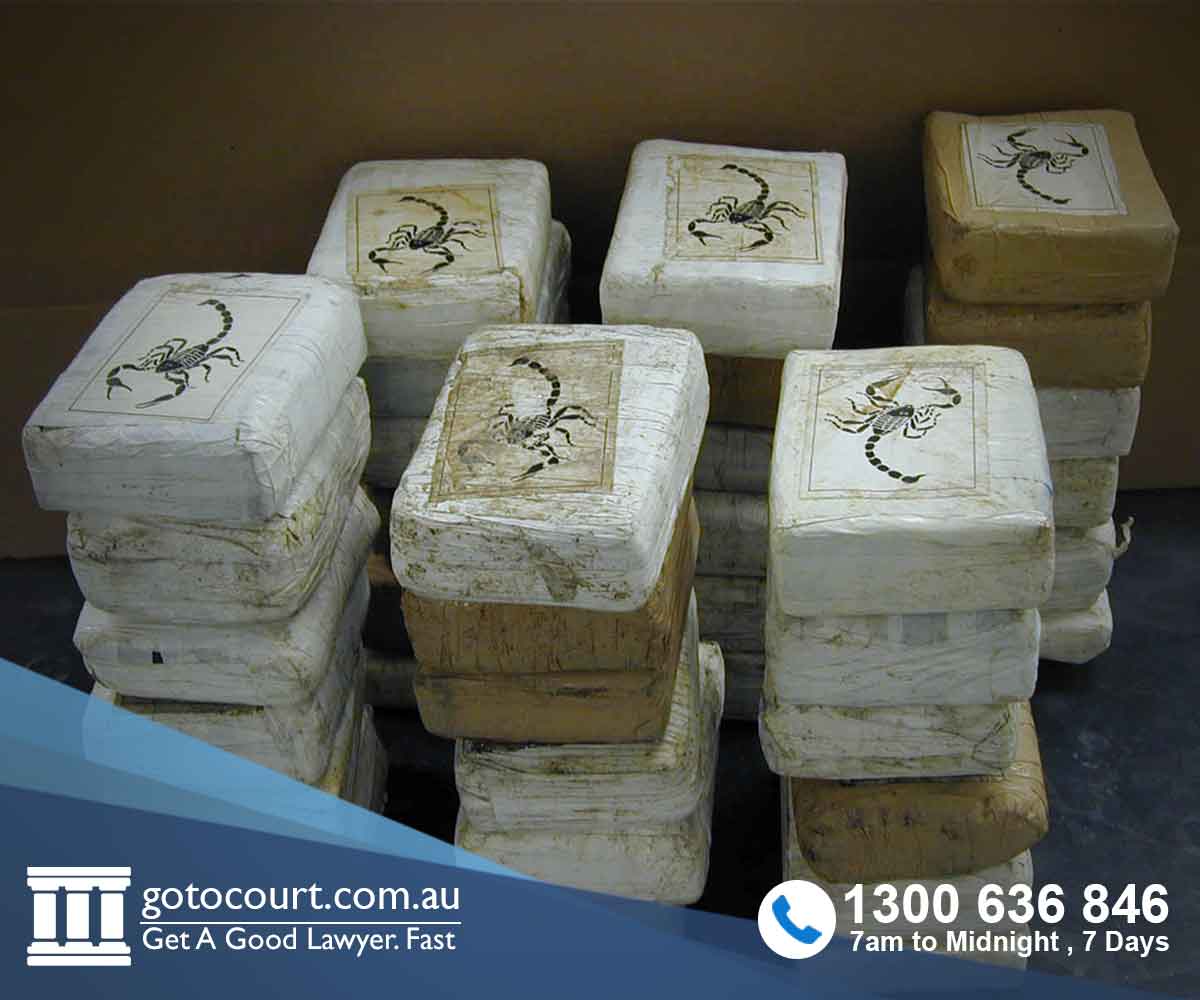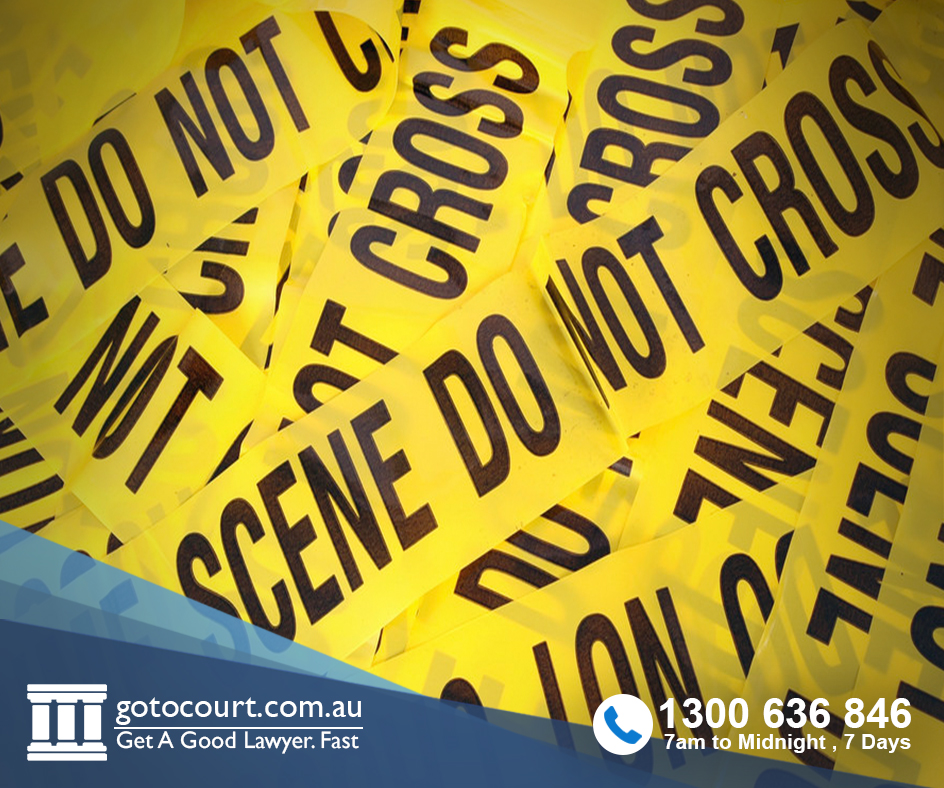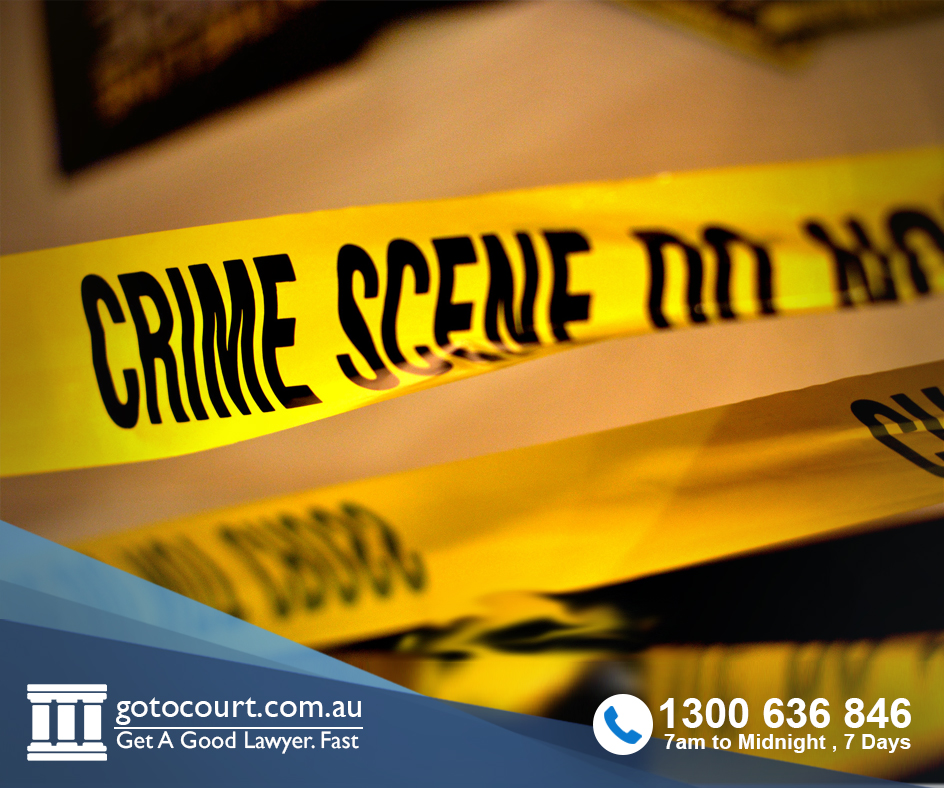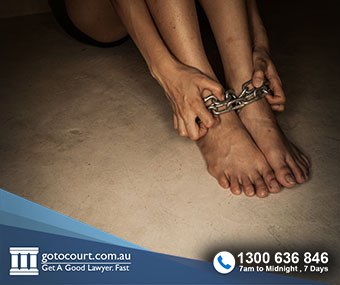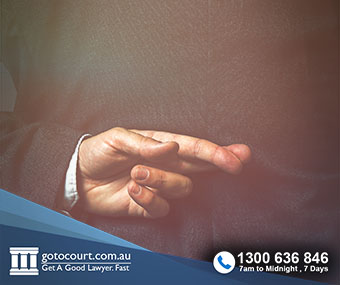Call our lawyers
now
or,
have our lawyers
call you
Indictable Offences (NSW)
Updated on Nov 22, 2022 • 5 min read • 1182 views • Copy Link
Indictable Offences (NSW)
Indictable offences are serious offences that carry significant penalties and are heard in the Supreme Court or the District Court. Offences that are not indictable offences are known as summary offences and are dealt with in the Magistrates Court.
Indictable offences in New South Wales are governed by the Crimes Act 1900. The procedures for dealing with indictable offences are set out in the Crimes (Sentencing Procedure) Act 1999.
What are indictable offences?
Under Section 3 of the Criminal Procedure Act 1986, an indictable offence is an offence that may be prosecuted on indictment.
Indictable offences include:
- assault;
- stealing;
- fraud;
- murder;
- robbery; and
- burglary. Some of these offences, such as stealing and theft, can be dealt with either summarily (in the Magistrates Court) or on indictment (in the Supreme Court or District Court). Other offences, such as robbery, murder and serious sexual offences, may only be dealt with on indictment.
While some indictable offences, like murder and treason, are always heard in the Supreme Court, others must be heard in the District Court.
Limitation period
There is no limitation period on the laying of charges for indictable offences. This means that where evidence emerges that a serious offence was committed a long time in the past, charges can still be laid. This is the case even where decades have passed since the alleged offence. While it may be harder to prove that an indictable offence was committed when a lot of time has passed, there is no difference in the process for prosecuting and trying a historical offence.
Indictable offences dealt with summarily
When someone is charged with an indictable offence, the prosecution and defence often agree for the matter to be heard summarily. This means that the maximum penalty that can be imposed in relation to a single offence is two years. It also means that if the accused pleads not guilty, the matter will be decided by a Magistrate (rather than a judge and jury).
The advantages of having a matter heard summarily are that the maximum penalty is lower, and the matter will generally be dealt with quicker and with less formality. However, in some instances it may be advantageous to have a matter dealt with on indictment. This may be because there are complex legal arguments to be heard or where the defence considers it preferable for the matter to be tried in front of a jury.
When indictable offences are heard summarily, they are generally prosecuted by the police. The offender is arrested or summonsed to appear in the Magistrates Court for a first mention. They can choose to finalise the matter on the spot, or adjourn it to get legal advice, obtain the brief of evidence or to obtain character references or reports.
If the offender pleads guilty, they will be sentenced by a Magistrate. A Magistrate can impose a range of penalties for a summary offence but must not impose more than two years’ imprisonment for any one offence.
If the offender pleads not guilty, the matter will be adjourned for a contest mention, where the court will confirm which witnesses will be required, how long the hearing is likely to take and whether there are any practical issues, such as the need for an interpreter or for a witness to appear by video link. If the matter is unable to be resolved, it will proceed to a contested hearing.
Offences dealt with on indictment
If the circumstances of an indictable offence are very serious, or either the defence or the prosecution does not agree to the matter being heard summarily, it will be dealt with in a higher court.
Before an indictable offence can be transferred to a higher court, the matter must go through charge certification and case conferencing. This means that a senior prosecutor will review the evidence and confirm which charges will proceed. Defence and prosecution will then be required to hold a case conference to establish whether the matter can be resolved by agreement. If the matter cannot be resolved, the accused will enter a plea to each of the charges and the matter will be committed to a higher court for finalisation.
Once an indictable offence has been committed to a higher court, the accused enters a plea and the matter proceeds either to sentencing or to trial. The maximum penalties that can be imposed by higher courts are set out in the Crimes Act and are significantly longer than the penalty that can be imposed by a Magistrate. Some indictable offences carry a maximum penalty of life imprisonment.
When an indictable offence proceeds to trial, evidence is generally heard in front of a jury of 12 people. A trial can also be held in front of a judge alone, if the defence and prosecution agree to this or if the defence seeks a judge-alone trial and the judge considers this would be in the interests of justice.
If you require legal advice or representation in a criminal mater or in any other legal matter, please contact Go To Court Lawyers.


Affordable Lawyers
Our Go To Court Lawyers will assist you in all areas of law. We specialise in providing legal advice urgently – at the time when you need it most. If you need a lawyer right now, today, we can help you – no matter where you are in Australia.How It Works








1. You speak directly to a lawyer
When you call the Go To Court Legal Hotline, you will be connected directly to a lawyer, every time.


2. Get your legal situation assessed
We determine the best way forward in your legal matter, free of charge. If you want to go ahead and book a face-to-face appointment, we will connect you with a specialist in your local area.


3. We arrange everything as needed
If you want to go ahead and book a fact-to-face appointment, we will connect you with a specialist in your local area no matter where you are and even at very short notice.

